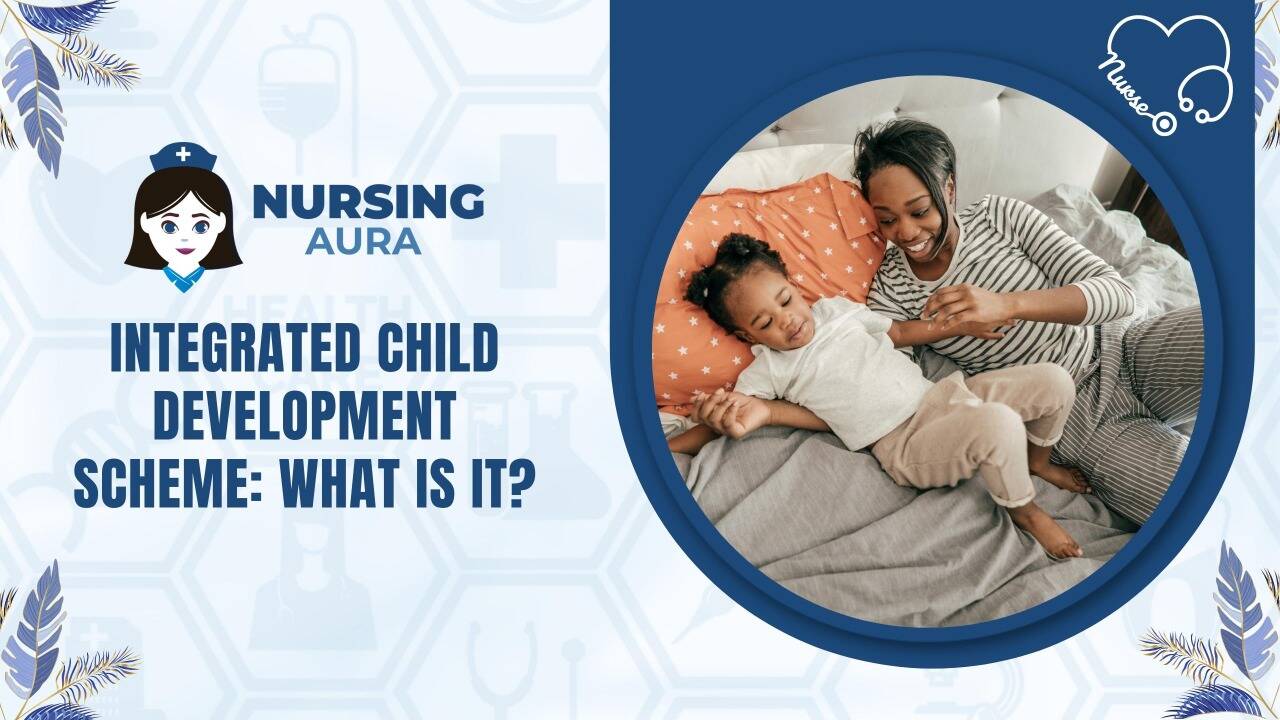Children of age 0 to 6 make up around 158 million of India’s total population. These children are the nation’s future human capital. Women and Child Development Scheme involves executing several initiatives for government support, child development, and child safety.
The Integrated Child Development Services (ICDS) Scheme, which was released on 2 October 1975, is one of India’s flagship programmes and addresses one of the world’s largest and most interesting youth care and development projects. As a response to the test of providing pre-school non-formal education on the one hand and ending the endless cycle of hunger, illness, diminished learning capacity, and mortality on the other, it is the most prominent symbol of the country’s commitment to its children and nursing mothers. The beneficiaries of the Scheme are children aged 0 to 6 years, pregnant women, and nursing moms. The plan’s destinations are as follows:
- To improve the dietary and health status of 0 to 6-year-old children;
- To provide the framework for the child’s mental, physical, and social development;
- To reduce the rates of mortality, dreariness, malnutrition, and school dropouts;
- To achieve successful co-appointment of strategy and implementation between the various divisions to promote child development; and
- To enhance the mother’s capacity to meet the normal nutritional and health needs of her children through improved nutrition and health.
Education
Enrollment of Beneficiaries
All children under the age of six, pregnant women, and nursing mothers are eligible to receive services through the ICDS Scheme. BPL is not a basis for enrolling recipients in ICDS. The Scheme is inclusive and all-inclusive for all recipient categories.
Evolution of Integrated Child Development Scheme
For every 33 Blocks (Projects) launched in 1975, there were 4,891 AWCs. Before the conclusion of the ninth plan, the number of projects was gradually increased to 5,652 with over 6 million AWCs. There are currently 7076 approved projects and 14 million approved AWCs. This includes a provision for 20,000 AWCs “upon request.” Each of the fourteen million AWCs has been endorsed by States/UTs.
Services under Integrated Child Development Scheme
The ICDS Scheme comprises the following six administrations:
- Supplementary Nutrition
- Pre-school non-formal education
- dietary and health education
- Vaccination
- health examination and
- Advisory Services
The Ministry/Department of Health and Family Welfare provides the final three health-related services under the NRHM and Health framework. The concept of providing a bundle of services is predicated on the belief that the overall effect will be much greater if the many services develop in an integrated manner, as the success of a particular service depends on the aid it receives from associated services.
In this way, union is one of the essential parts of the ICDS Scheme to provide improved Scheme delivery services. This convergence is implicit in the Scheme, which provides Anganwadi Centers as a platform for providing a variety of support under the Scheme.
Implementation of ICDS Scheme according to State Annual State Program Implementation (APIP)
Since 2011-12, the Government of India has produced Annual Program Implementation Plans (APIPs) in ICDS in a defined manner. The APIP mode of programme execution in ICDS Scheme is one of the essential components of the recently reinforced and redesigned ICDS Scheme for the twelfth plan, which received official approval from the States on October 22, 2012
The States/UTs were also informed that from 2013-14, accommodation of the APIP by the States/UTs in the recommended organisation will be mandatory, and that any resulting portions of assets from GOI will be delivered to the States/UTs only after approval of the APIP, based on the interest defended in the APIP.
In 2015-2016, APIPs were obtained from 30 states and territories. The Administrative approval will be granted following the meeting with the States/UTs.

